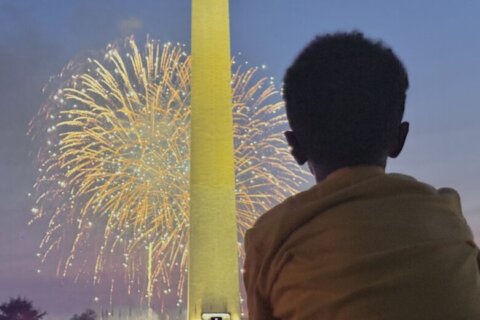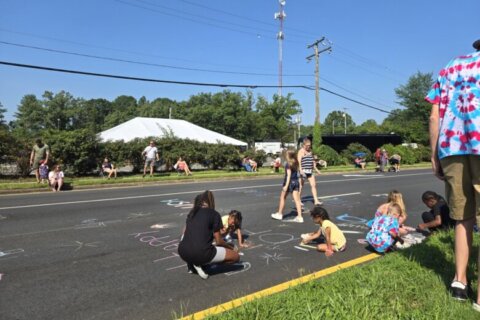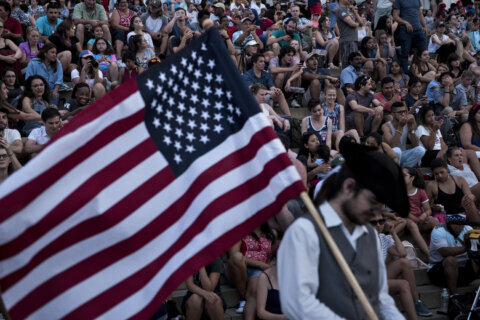WASHINGTON — The Fourth of July is a day off for most of us, but it can be one of the busiest days of the year at local burn centers.
Last year, MedStar Washington Hospital Center alone admitted 20 burn patients on Independence Day. Most were either injured while grilling or while playing with firecrackers or sparklers.
Outdoor chefs tend to get “flash injuries,” caused by a sudden burst of flame, said Dr. Jeffrey Shupp, who heads the hospital’s burn center. It happens when they can’t get their grill to start and decide to improvise with matches or lighter fluid.
His advice: If the grill doesn’t work, go to a neighbor’s place or find another way to cook your food.
Shupp is equally blunt when it comes to fireworks, telling everyone to leave them to the professionals.
He said even innocent-looking sparklers can be dangerous in the wrong hands because “people don’t realize how hot they burn, and how quickly contact with them can start an injury.”
The burns firecrackers and sparklers create tend to be small in dimension, but they are very deep and they can be very serious.
There are all kinds of home remedies for minor burns, but not all of them work. The National Institutes of Health recommends placing the injured skin under cool running water, covering it with non-stick gauze and taking an over-the-counter medication such as acetaminophen or ibuprofen for pain. But if the skin starts to blister, see a health care professional immediately,
Shupp said you should always err on the side of caution. “We’d rather see patients that don’t necessarily need our care early than see patients that have waited and get themselves into a situation where the injury is much more serious,” Shupp said.
He said severe burns can actually hurt less than minor ones, because the injury is so deep that the nerve endings have been damaged as well. Shupp said an injury with no response to touch is one that definitely needs to be seen.







